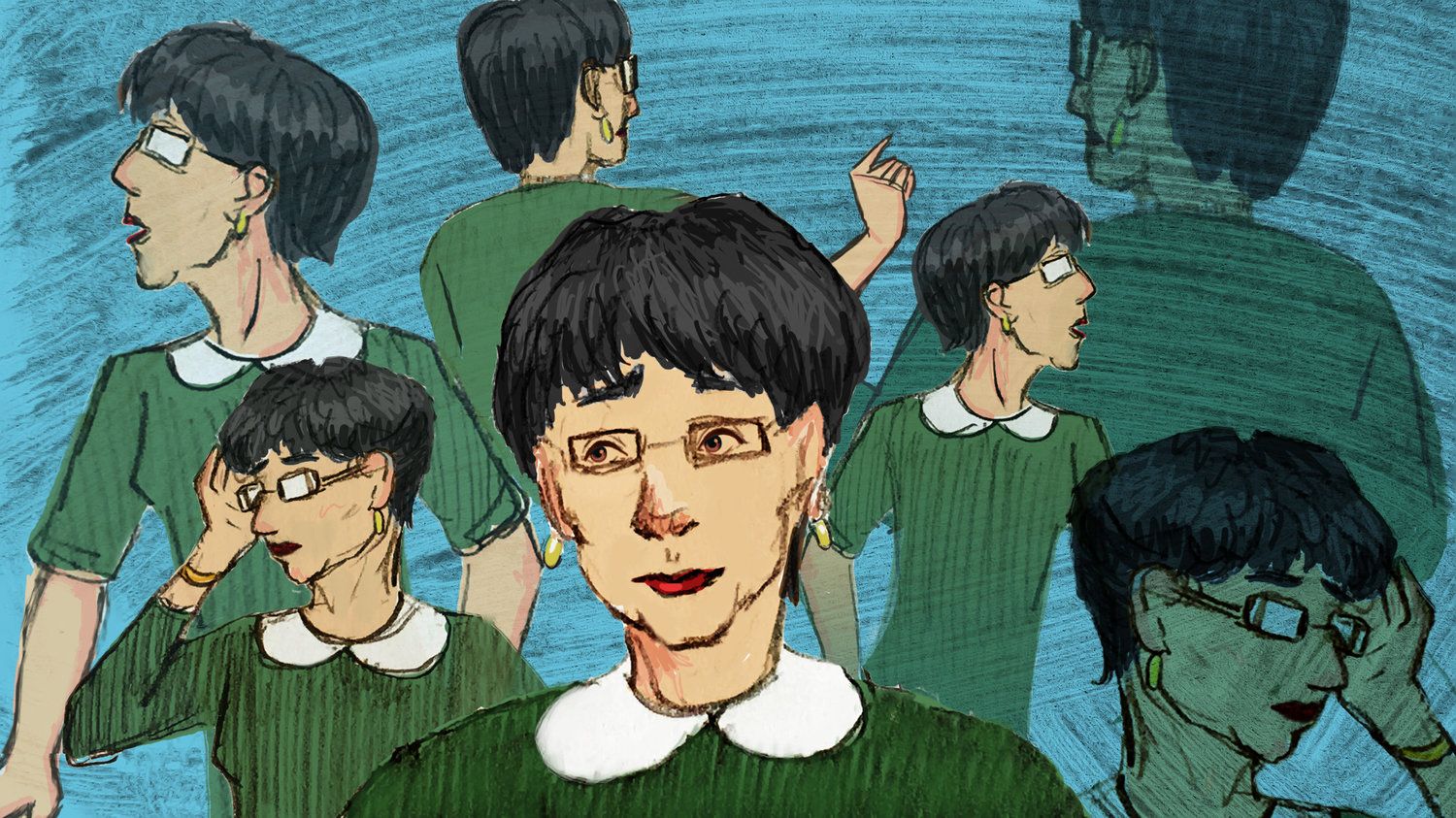ADHD has a strong genetic component, so your child may not be the only one in the family with the diagnosis. Here are some common symptoms of ADHD in adults.

You finally received a diagnosis for your child–the one who has trouble sitting still, flits from task to task, can’t focus on anything for too long, and whose room is an absolute disaster. He has ADHD, or attention deficit hyperactivity disorder. But, come to think of it, you have major issues with organization, time management, and focus. Could you have ADHD as well?
ADHD has a strong genetic link and can run in families, so if your child has received the diagnosis, you could very well have it also. “It’s not uncommon for someone to be diagnosed for the first time as an adult,” says Ashley Gorman, Ph.D., a neuropsychologist in Parsippany, New Jersey, who specializes in adults. “I see that all the time, particularly because it wasn’t as identifiable years ago as it is today.” Here are some things to look for.
Serious Disorganization
Plenty of people have problems with organization. (Have you seen an episode of Hoarders?) And especially for parents of young kids, a slightly chaotic life often comes with the territory. But if you have ADHD, you might be chronically disorganized, to the point that it’s affecting your ability to get things done and function in a normal way.
Forgetfulness
You have a lot of things going on, particularly as a parent. But with ADHD, you might have “a lot of trouble juggling your schedule and everything you have on your plate,” Dr. Gorman says. “A parent with ADHD is probably more likely to have difficulty keeping track of his mental to-do list.”
Difficulty Enjoying Down Time
Parents with ADHD may have more trouble enjoying quiet time with their children, or engaging in children’s activities that are more boring and repetitive, Dr. Gorman says.
Traffic Accidents and/or Tickets
Adults with ADHD have more trouble keeping their focus on the road, which can lead to a spotty driving record. “Frequent speeding tickets and traffic accidents do occur more frequently in adults with ADHD,” Dr. Gorman says.
Marital Troubles
People with ADHD have short attention spans and difficulty completing tasks, leading their partner to feel they must nag all the time or that the ADHD adult doesn’t care enough to follow through. If you have ADHD, you might feel scolded, or feel that your partner expects too much of you. “An adult with ADHD likes to start a lot of tasks but often doesn’t finish them,” says Robert Volpe, Ph.D., an associate professor in the Department of Counseling and Applied Educational Psychology at Bouve College of Health Sciences at Northeastern University. “This can drive a spouse crazy.”
Wandering Attention
If your focus on a task falters every time your phone vibrates or your email program dings–and then you spend 20 minutes getting back to what you were originally doing–you might have ADHD. A noisy workplace might make it particularly hard for you to get anything done because you’re so easily distracted.
Extreme Procrastination
Everyone stalls on doing things they don’t want to do. But you might procrastinate so seriously that you’re falling behind on big projects at work and unable to deliver on commitments you’ve made.
Hyperfocus
People with ADHD have trouble focusing. But at the same time, when they find a task they like, they might be focused to such an extent that they don’t notice how much time has passed or that they’re supposed to be doing other things. That can spell trouble if you’re on deadline for something else or neglecting your spouse as you browse Facebook for hours.
Impulsiveness
Do you blurt things out without thinking? Talk over others without letting them finish sentences? Do spontaneous things with no thoughts of the consequences? “People with ADHD tend to interrupt people because they don’t want to forget a thought–they have to get it out,” Dr. Volpe says. These are all signs of the impulsive side of ADHD.
Many of these symptoms are present in people without ADHD, but they don’t affect their lives in the same way. “My general advice is to look at how you’re functioning,” says Kevin Antshel, Ph.D., an associate professor of psychology at the College of Arts and Sciences at Syracuse University. “Are you having difficulty managing your job? Are you having difficulties managing your child’s schoolwork? Are there frequent fights with your spouse because you’re forgetting things or losing things?”
If several or all of these symptoms apply to you, and they’re affecting your day-to-day life, it’s time to seek help. You can start by asking your primary care doctor to refer you to a specialist. That specialist might be a psychologist, psychiatrist, or a neurologist who specializes in ADHD. Dr. Gorman also recommends checking out chadd.org, the web site for Children and Adults with Attention-Deficit/Hyperactivity Disorder.





